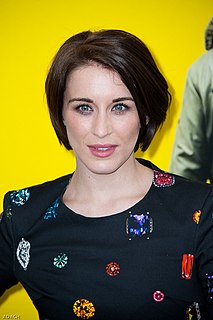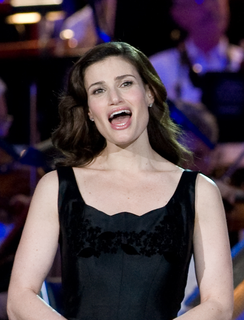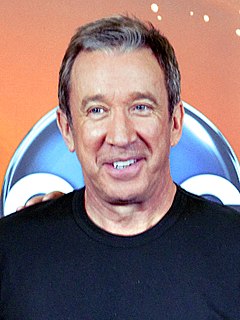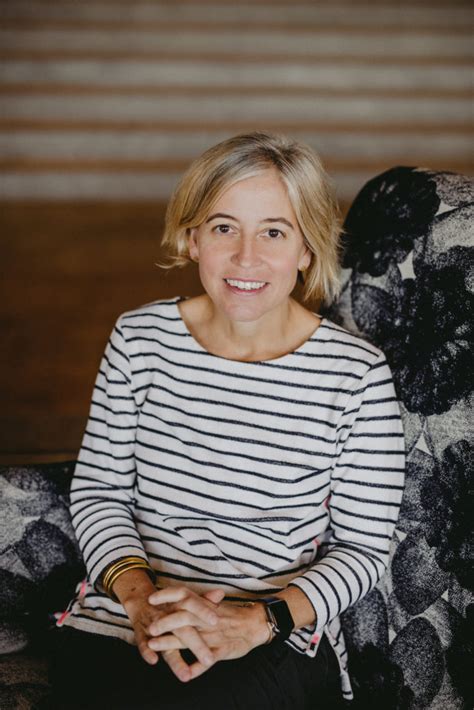A Quote by Esther Dyson
My greatest vulnerability is that I'm not 'normal.' I'm not married, I don't have children. It's something I feel defensive about.
Related Quotes
I didn't major in anthropology in college, but I do feel I had an education in different cultures very early on. My parents divorced when I was eleven, and my father immediately married a woman with three children and was with her for five years. When they got divorced, he immediately married a woman with four children. In the meantime, my mother married a man who had seven children. So I was going from one family to another between the ages of eleven and eighteen.
If you want your children to relate to the culture you live in, if you want to train them outside of the general system, you have to tell your children that ordinary children tend to say things like 'I can run faster than you; I can draw better than you; I know things you don't know'. You have to tell them what normal children are like. Normal children are messed up and you have to tell them about that. But if you instruct your child in high correlation with the physical world, they won't be able to relate with normal children. Normal means mixed up as I use the word.
I may get married later or may never get married. But I want babies, so I'll have to get married. I want fat, cute babies. Every girl has to think about it at some point. For me, marriage is about family, and that's why I find it necessary. Till then, it's normal to have a partner and do your own thing.
I have since talked to some of my girlfriends sexual assault and found out that they had their own experiences that they never shared at the time. It was never talked about it. And I think it's because of that normal response - you feel badly, you feel responsible, you feel guilty, you feel like you did something wrong, you feel ashamed.
I think we all have something in our life's experience that makes us feel different. It's whether we have a gay parent or we have an alcoholic mother or maybe we don't know our father. And it's something that we feel bad about initially because we think we're abnormal. What's abnormal is our assumption that there's something called 'normal.'


































